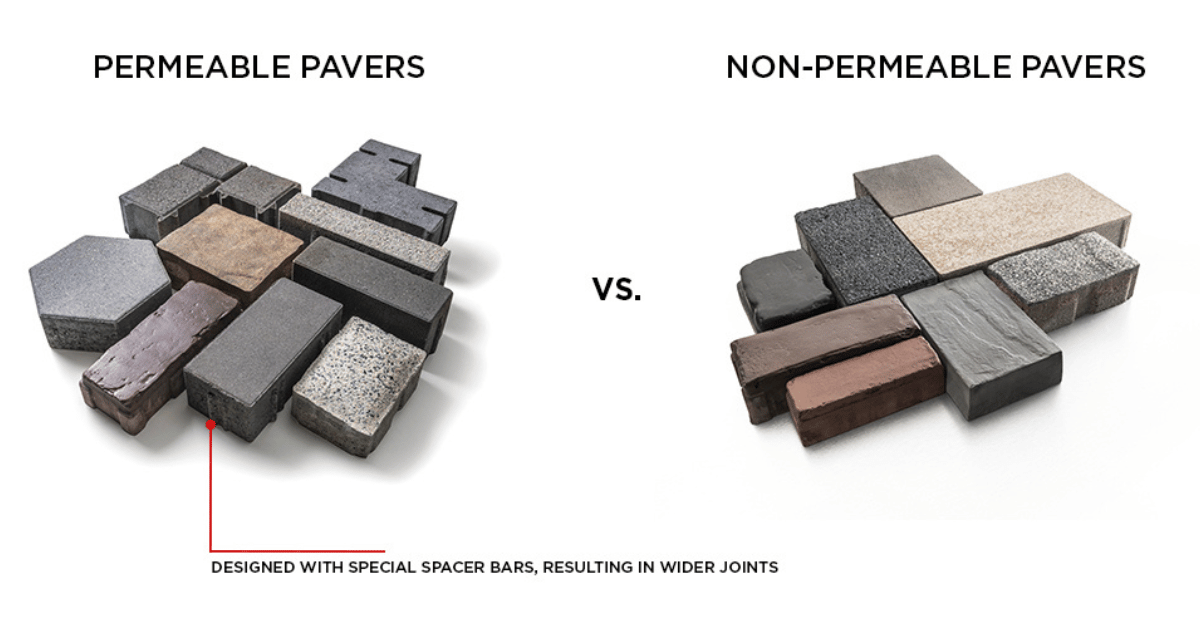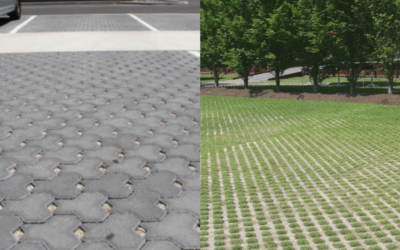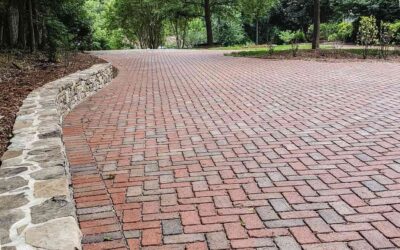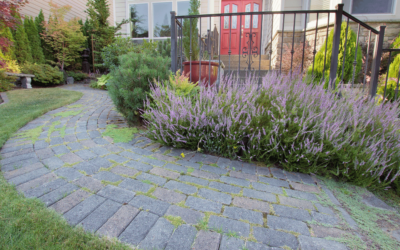When choosing pavers for a space, more often than not, you come across a single question, “should you go with permeable or non-permeable pavers?” Those sound like technical terms but they are rather simple to understand when broken down.
Permeable pavers allow water to pass through their surface into the ground instead of the spot pooling it.
Non-permeable pavers are simply what they sound like. They do not allow water to pass through, and the runoff flows over the top and away.
Why does it matter?
Well, it’s not just about affecting your property but also the immediate environment. For nature-friendly landscaping, permeable pavers would contribute to reducing water runoff and erosion processes. For those areas in which heavy traffic or lack of drainage is not an issue, one may well use non-permeable pavers, which can be tough enough.
Let’s break down the main differences to help you make the best choice for your project.
The Perks of Permeable Pavers
- Eco-Friendly Water Management: Rain can be filtered back into the soil with permeable pavers. In addition to reducing puddles, this helps avoid stormwater problems and renews groundwater.
- Reduces Erosion and Flooding: With the ability to absorb water, permeable pavers protect against erosion in high-rain areas and even minimise localised flooding.
- Reduced Long-Term Costs: While initially, the investment in permeable pavers might be a little higher, they tend to save money on stormwater management costs.
Benefits of Non-Permeable Pavers
- Heavy Use Durability: Non-permeable pavers are normally very strong and hence applicable where there is high usage, as in situations where heavy vehicles would pass.
- Less Maintenance Required: Since water cannot seep in, cleaning and maintenance of these types of pavers are less required.
- Suitable for Different Landscapes: Non-permeable materials are better for dry locations and can allow the ground to stabilise without needing water drainage.
Let’s Talk!
Ready to discuss your needs in the field of paving? Just a click, and you are right at Virtus Concrete. Contact us now to find the best-suited paving for your specific needs!








0 Comments